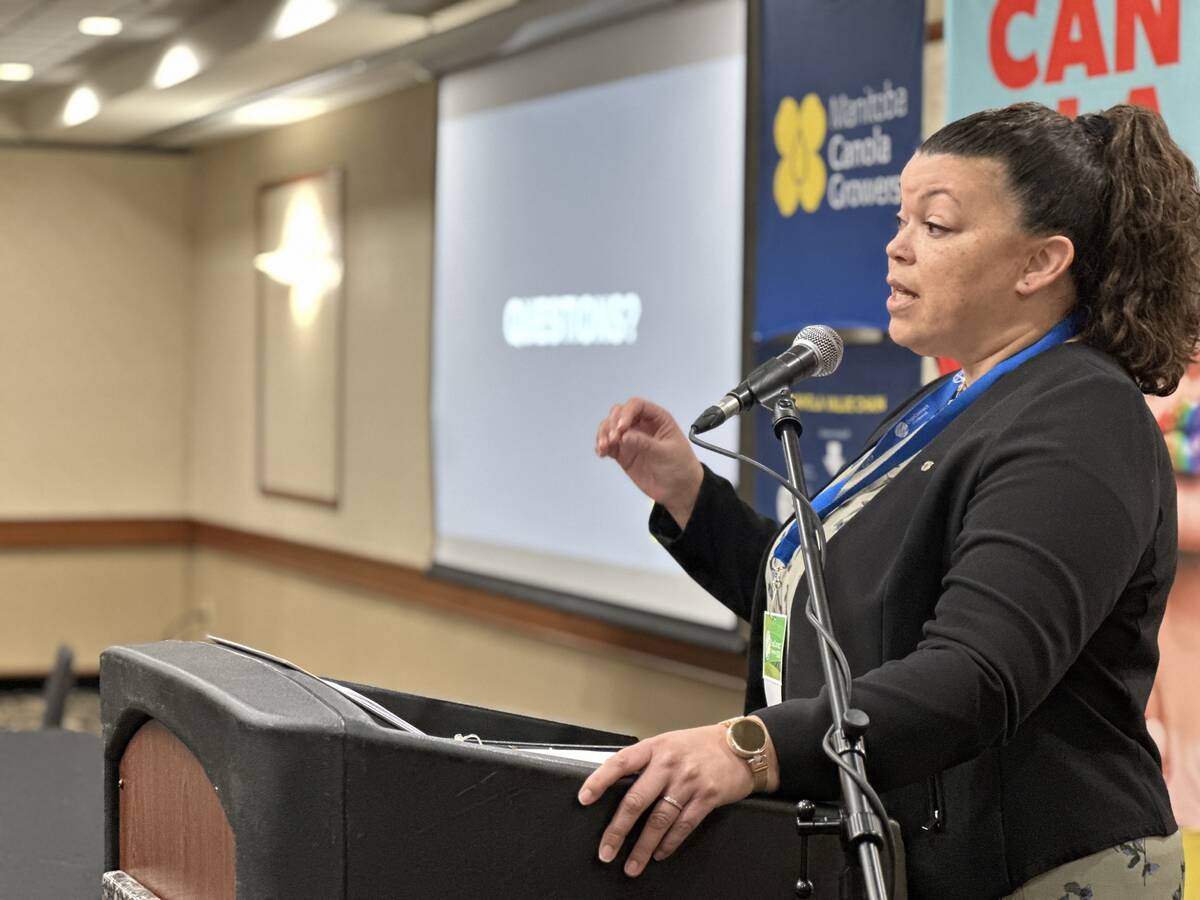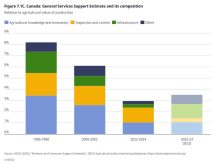The Canadian Wheat Board (CWB) is suing the federal government for the severance it paid its CEO Adrian Measner after the government fired him in 2005.
“We didn’t take this lightly,” CWB chair Larry Hill said of the lawsuit filed in Winnipeg’s Court of Queen’s Bench May 4. “We believe it’s a solid case and there are substantial issues here for us. It’s farmers’ money.”
The federal government fired Measner despite the objections of the CWB’s board of directors, Hill said May 15 in an interview from his farm near Swift Current, Sask. Since the government terminated Measner against the CWB’s wishes, the CWB asked the government to pay Measner’s severance. When the government refused, the CWB paid it.
Read Also

No checkoff decision yet for Manitoba canola growers
Manitoba Canola Growers Association hits pause on any increase in the per-tonne levy for farmers as funding gap widens.
Now the CWB wants to be reimbursed. It’s also suing for “special damages,” which a CWB official defined as any cost, including the search for a new president and CEO, that the CWB incurred due to Measner’s
“(T)he government… unreasonably and unfairly placed the economic consequences of its political and self-interested actions on the CWB and the Canadian grain farmers it serves.”
– CWB’S STATEMENT OF CLAIM
termination. The CWB also wants reimbursement for interest and its legal costs.
The federal government fired Measner Dec. 19, 2005, despite the fact that one year earlier it reappointed Measner to a second three-year term, following a unanimous recommendation by the CWB’s board of directors to do so.
“The government knew or ought to have known the CWB entered into the (employment) contract with Measner for a three-year term, and therefore also knew or ought to have known that the CWB would be obliged to pay Measner damages to compensate him for the termination of the contract without cause or notice,” the CWB’s statement of claim says in part.
“(T)he government… unreasonably and unfairly placed the economic consequences of its political and self-interested actions on the CWB and the Canadian grain farmers it serves.”
Out of respect for Measner’s privacy the CWB does not state in its suit how much severance Measner was paid, but the government knows the figure, Hill said.
It’s common for senior executives sacked without cause to get at least two years’ salary. That also happened to be the number of years left in Measner’s contract. In 2005 Measner’s salary was $286,166.
It’s also common for employees to get a month’s salary for every year of service. Measner worked for the CWB 32 years.
Based on his years of service and the years left in his contract it’s possible Measner’s severance alone could have been more than $1.3 million.
It’s widely believed – including by Measner himself, as expressed in a letter to then-agriculture minister Chuck Strahl – that Measner was fired because he would not back the government’s plan to remove the CWB’s single-desk marketing powers. Measner said such a change should only occur with the approval of farmers – a position endorsed by the CWB’s board and called for under the Canadian Wheat Board Act.
Under the act, the CWB’s board of 10 farmer-elected and five government-appointed directors is responsible for the CWB’s operations. The federal government, however, has the legal authority to hire and fire the CEO, who is among the five government-appointed directors.
Agriculture Minister Gerry Ritz, who was on a trade mission to Peru and Colombia with the CWB’s new CEO Ian White last week, was unavailable for comment. [email protected]















